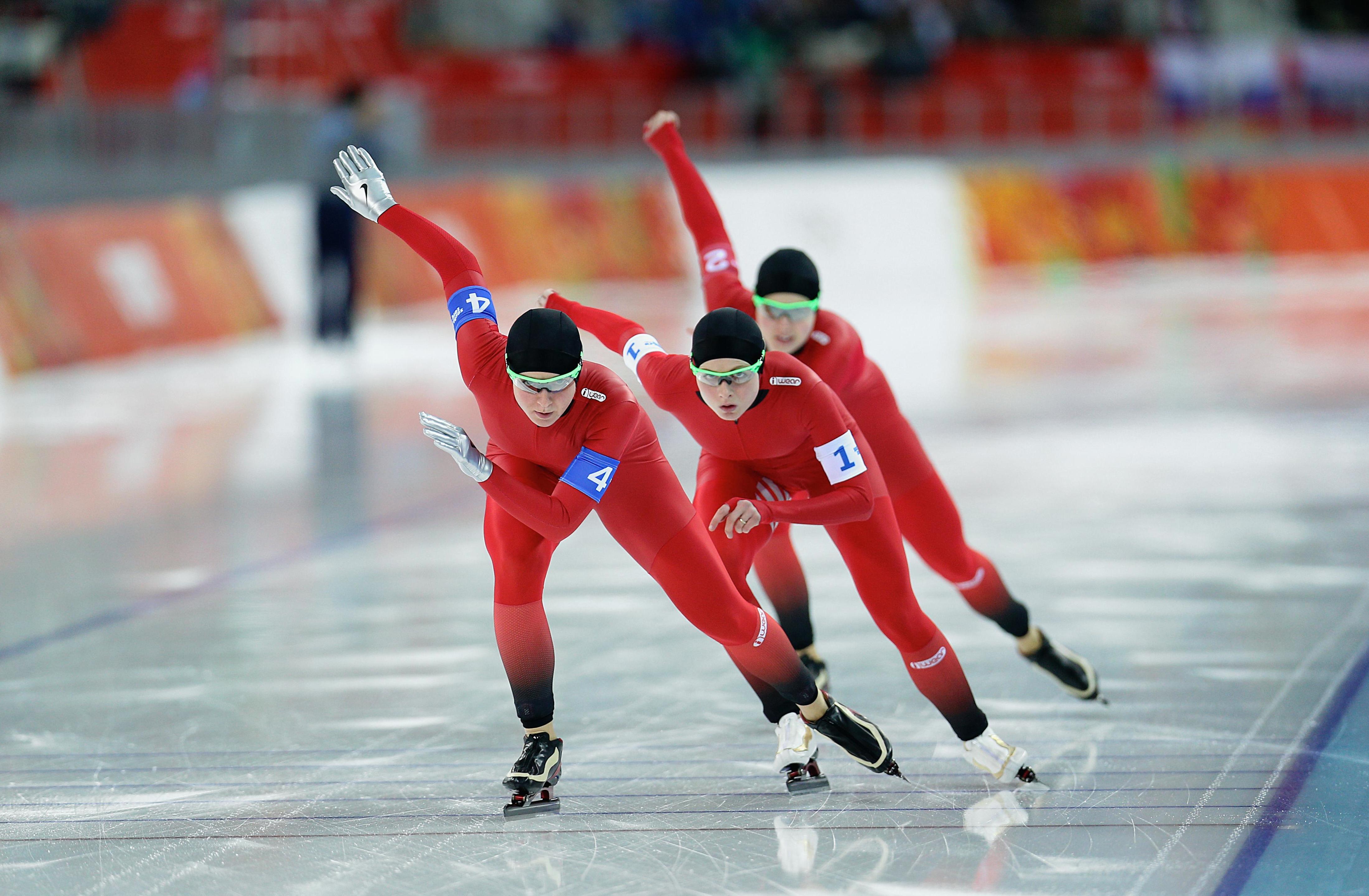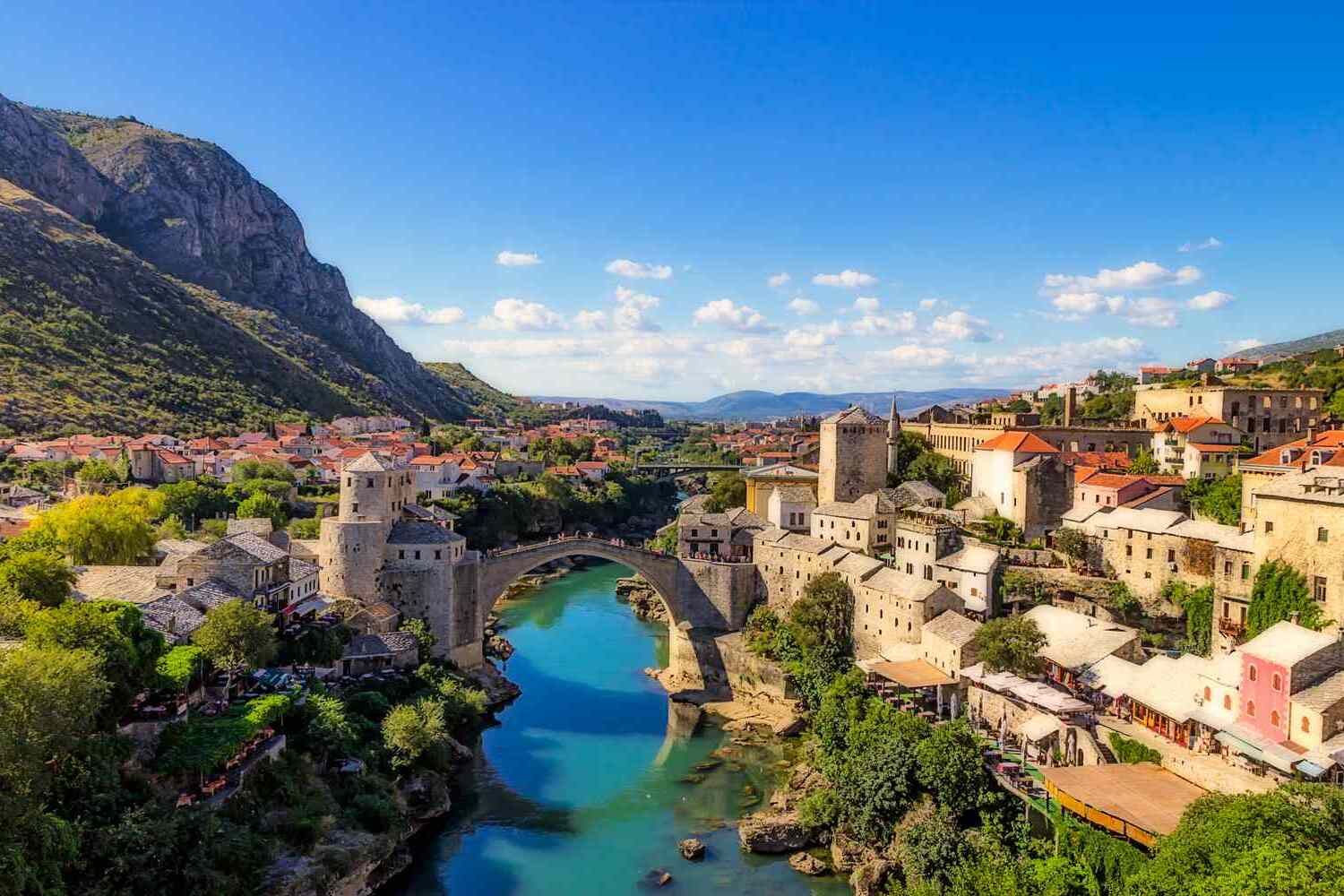
Speed skating is a thrilling and fast-paced sport that captivates audiences around the world. From the grace and elegance of the athletes gliding across the ice to the intense competition and record-breaking speeds, speed skating is a sport that combines skill, strategy, and sheer athleticism. Whether you’re a die-hard fan or new to the sport, there are countless fascinating facts about speed skating that will leave you in awe. In this article, we’ll explore 18 incredible facts about speed skating, from its origins to world records and everything in between. So lace up your skates and get ready to dive into the exciting world of speed skating!
Key Takeaways:
- Speed skating is a thrilling winter sport that originated in the Netherlands and requires specialized equipment. It offers a variety of race distances, from intense sprints to grueling endurance challenges, and promotes a sense of community among athletes and fans.
- Professional speed skaters can reach incredible speeds of over 50 kilometers per hour, making it one of the fastest non-motorized sports in the world. The sport requires a unique combination of technique, fitness, and mental toughness, and has a long-standing tradition of excellence in the Netherlands.
Speed skating is a popular winter sport.
Speed skating is a thrilling winter sport that involves racing on ice. It is highly regarded for its speed, precision, and athleticism.
The sport originated in the Netherlands.
Speed skating has its roots in the frozen canals of the Netherlands, where locals would race each other for fun during the winter months.
Speed skaters wear specialized equipment.
Speed skaters wear sleek, aerodynamic suits made of specialized materials to reduce drag and improve their performance on the ice.
The sport is divided into different distances.
Speed skating competitions are categorized into various distances, including the 500m, 1000m, 1500m, 5000m, and 10,000m races.
The 500m race is the shortest distance.
Known for its intense speed, the 500m race is a sprint that requires explosive power and agility.
The 10,000m race is the longest distance.
The 10,000m race is a grueling endurance event that tests a skater’s stamina and mental fortitude.
Speed skaters reach incredible speeds.
Professional speed skaters can reach speeds of over 50 kilometers per hour, making it one of the fastest non-motorized sports in the world.
The clap skate revolutionized the sport.
In the 1990s, the invention of the clap skate, which allows the blade to detach from the boot, led to significant improvements in speed skating performance.
The Dutch dominate the sport.
The Netherlands has a long-standing tradition of producing world-class speed skaters and has consistently performed exceptionally well in international competitions.
Speed skating made its Olympic debut in 1924.
The sport has been a part of the Winter Olympic Games since the first edition held in Chamonix, France.
Short track speed skating is another popular variant.
Short track speed skating takes place on a smaller track and emphasizes close-quarters racing and tactical maneuvers.
The sport requires a unique combination of technique and fitness.
Speed skaters must possess a blend of technical skill, balance, endurance, and explosive power to excel in the sport.
The turns in speed skating are challenging.
Speed skaters must navigate tight turns while maintaining their balance and speed, which requires exceptional skill and precision.
The sport has had its fair share of controversies.
Throughout its history, speed skating has faced controversies related to judging, disqualifications, and rule changes.
Speed skating is governed by the International Skating Union (ISU).
The ISU is the international governing body for competitive ice skating disciplines, including speed skating.
The Dutch have a special term for speed skating.
In the Netherlands, speed skating is known as “schaatsen,” which translates to “skating” in English.
Speed skating requires mental toughness.
Competing in speed skating requires athletes to maintain focus, stay calm under pressure, and push through physical and mental barriers.
Speed skating promotes a sense of community.
Speed skating brings together athletes, fans, and communities, fostering camaraderie and a shared love for the sport.
Conclusion
In conclusion, speed skating is a thrilling and dynamic sport that combines speed, skill, and strategy. From its origins in winter transportation to becoming a highly competitive Olympic event, speed skating has captured the hearts of millions around the world.As we’ve explored in this article, speed skating has a rich history and offers numerous benefits, both physically and mentally. It provides a great cardiovascular workout, builds strength and endurance, improves balance and coordination, and enhances mental focus and discipline.Whether you are a professional athlete or a recreational skater, speed skating offers something for everyone. So, lace up your skates and hit the ice to experience the exhilarating sensation of gliding at high speeds. Join the ranks of speed skaters and become a part of this extraordinary sport!
FAQs
1. What is speed skating?
Speed skating is a competitive ice sport that involves racing on skates. Skaters compete against each other to complete a certain distance in the shortest possible time.
2. What are the different types of speed skating?
The two main types of speed skating are short track and long track. In short track, multiple skaters race on a smaller indoor track, while in long track, skaters race on a larger outdoor oval track.
3. What equipment do I need for speed skating?
For speed skating, you need a pair of specialized speed skates, which have long, thin blades. You also need suitable protective gear, such as a helmet, knee pads, and gloves.
4. Can anyone participate in speed skating?
Yes, anyone can participate in speed skating. There are different levels of competition available, from recreational skating to professional racing. It is important to receive training and follow proper safety guidelines before engaging in speed skating.
5. Is speed skating a dangerous sport?
Like any sport, there are risks involved in speed skating. However, with proper training, equipment, and adherence to safety protocols, the risks can be minimized. It is crucial to receive instruction from qualified coaches and always prioritize safety on the ice.
6. Are there any age restrictions for speed skating?
No, there are no specific age restrictions for speed skating. People of all ages can participate, although certain age categories may exist in competitive events. It is never too late to start speed skating and enjoy the sport.
7. Are there any health benefits of speed skating?
Yes, speed skating offers numerous health benefits. It provides a full-body workout, helps improve cardiovascular fitness, enhances muscle strength and endurance, and promotes overall fitness and well-being.
8. Can I speed skate if I have no prior skating experience?
While some skating experience is helpful, it is not essential to have prior skating experience to start speed skating. With proper training and guidance from experienced instructors, beginners can learn the necessary skills and techniques required for speed skating.
Speed skating's allure extends beyond these captivating facts. Delving deeper into the sport's enigmatic aspects, exploring the intriguing life of Shani Davis, or uncovering surprising details about Apolo Ohno's career can further enrich your understanding and appreciation for this exhilarating winter sport. Each new piece of information adds another layer to the complex tapestry that makes speed skating a truly remarkable and enduring pursuit.
Was this page helpful?
Our commitment to delivering trustworthy and engaging content is at the heart of what we do. Each fact on our site is contributed by real users like you, bringing a wealth of diverse insights and information. To ensure the highest standards of accuracy and reliability, our dedicated editors meticulously review each submission. This process guarantees that the facts we share are not only fascinating but also credible. Trust in our commitment to quality and authenticity as you explore and learn with us.


